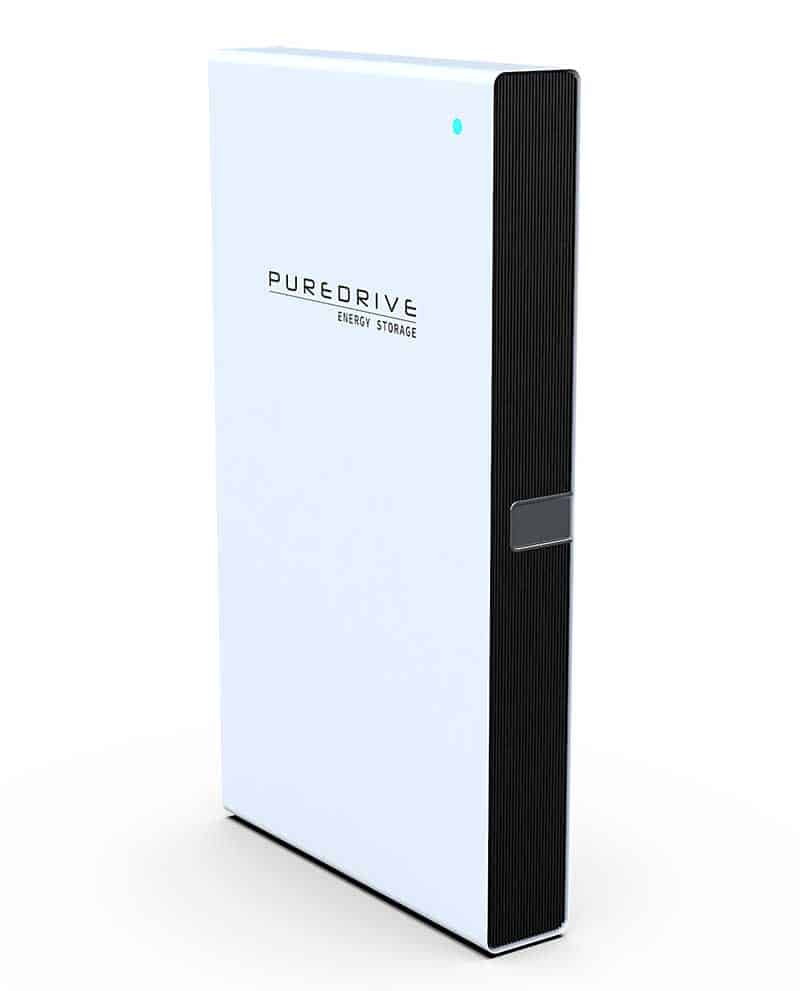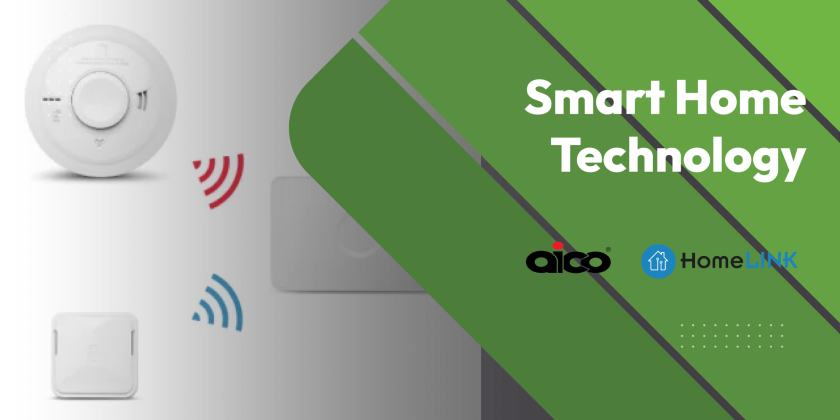My Solar Experience by Luke Loveridge

It’s been nearly four months since I got a 5.67kWp solar PV system with a 5kWh PureDrive battery (pictured). Following on from my previous blog on some things to consider when getting solar panels and a battery, I thought I’d do an update on how they have performed over the August to October period.
Overall, instead of an electricity bill of over £272 for the 3 months, our bill came in at just over £66, and we also made £36 from exporting (£242 in savings and income).
If we had a supplier with no standing charge and the best export rate, this could have been boosted to savings plus income of £316. This was the late summer / early autumn, but not too bad.
Performance
Here’s how the system performed over the August – October 2022 period. I’m surprised that the battery has actually saved more than the direct use of solar energy.
Month | Total generation (kWh) | Self-use (kWh) | Self-use saving (£) | Battery charging (kWh) | Battery savings (£) | Exported (kWh) | Export income (£) | Total savings / income |
August | 749 | 76 | £25.73 | 86 | £29.12 | 587 | £18.78 | £73.76 |
September | 517 | 91 | £30.81 | 114 | £38.60 | 312 | £9.98 | £79.39 |
October | 475 | 101 | £34.20 | 139 | £47.06 | 235 | £7.52 | £88.78 |
Total | 1,741 | 268 | £90.74 | 339 | £114.78 | 1,134 | £36.28 | £241.93 |
Settings
I noticed that the battery was charging from the grid every now and again. I think it was trying to optimise charging because it thought we were on a time-of-day tariff when electricity is cheaper at off-peak times when we weren’t. So, over this period the system probably wasn’t at its optimum. I’ve now changed the settings so that the battery never charges from the grid.
Hot water cylinder
With an hour or so of decent sunlight, the battery gets full quite quickly and then we export the rest at a very low rate (3.2p per kWh on British Gas; the best I’ve seen is 7.5p with Octopus which is still pretty low). Over the August to October period, we exported 1,134 kWh. If we can divert that into a hot water cylinder then we can also save on our gas which costs 10.4p per kWh. We used very little gas over this period so this amount of energy could pretty much cover all our heating needs.
I’ll monitor performance over the winter. I expect it will go down significantly, but if the numbers still stack up, I might consider installing a hot water cylinder and solar diverter for the Spring.
Tariffs – no standing charge
If our usage pattern is similar to the summer and autumn, where the standing charge made up most of our electricity bill, then I’m going to consider switching to an energy supplier that doesn’t have a standing charge (in the Spring before another energy price rise).
For example, at the time of writing, Utilita seems to be one of the few energy suppliers offering a tariff with no standing charge. The first two kWhs are priced at 61.7p and subsequent kWhs are at 32.9p; the British Gas standard variable tariff has a standing charge of 52.6p per day and 33.9p for every kWh used.
Applying these rates over the August to October period would have given the following:
Month | kWh – imported | British Gas (£) | Utilita (£) | Potential saved (£) | Potential saved (%) |
August | 14 | £19.98 | £8.64 | £11.34 | 57% |
September | 20 | £21.09 | £12.30 | £8.79 | 42% |
October | 33 | £25.30 | £19.36 | £5.94 | 23% |
Total | 67 | £66.36 | £40.30 | £26.06 | 39% |
Not huge savings in terms of £, but pretty decent in terms of percentage. Considering the amount of savings from the solar and battery already, potential savings and money we get from exporting, I think this has potential to optimise costs further.



